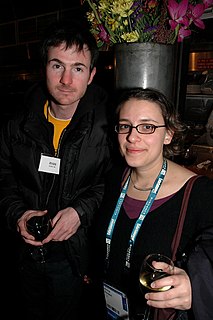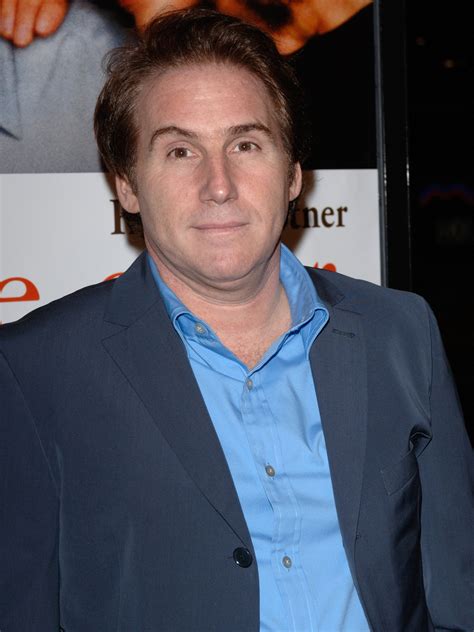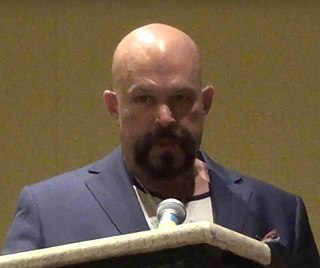A Quote by Leigh Whannell
Australia, most of the filmmakers there write a film and they direct it. There's a lot of writer/directors there, because nobody wants to write a script and then let it go when they've had that much of a personal investment to it, because you're not getting paid huge amounts of money in Australia to direct.
Related Quotes
When I write something, I want the best director to direct it. And that's not going to be me. So when David Fincher comes along and wants to direct 'The Social Network,' when Bennett Miller comes along and wants to direct 'Moneyball,' or when Danny Boyle wants to direct 'Jobs'? Hallelujah. I want them directing it.
I did it [photojournalism] as something that was really rewarding to do, given the opportunity to express myself about something I cared about, and also to learn a lot by watching filmmakers I admired. In a sense, it was my film school. After doing it for a few years, I decided that the time had come to get it together and do some work of my own. So I stopped doing that and wrote some screenplays on speculation, because even though I wanted to direct, to direct you need a lot of money.
If you can still write in spite of the fact that you're not getting paid, that nobody cares about what you're writing, that nobody wants to publish it, that everybody is telling you to do something else, and you still want to and you still enjoy it and you can't stop doing it...then you're a writer.
It's not possible to advise a young writer because every young writer is so different. You might say, "Read," but a writer can read too much and be paralyzed. Or, "Don't read, don't think, just write," and the result could be a mountain of drivel. If you're going to be a writer you'll probably take a lot of wrong turns and then one day just end up writing something you have to write, then getting it better and better just because you want it to be better, and even when you get old and think, "There must be something else people do," you won't be able to quit.
When I write a project, it might be something that I want to do and then when I look at it, I'm actually like, "I kind of don't want to direct it." I don't know why, I still love it enough for it to be made and to support it, but I don't want to direct it. I just give it to other directors and they do a good job!
Most directors, I discovered, need to be convinced that the screenplay they're going to direct has something to do with them. And this is a tricky thing if you write screenplays where women have parts that are equal to or greater than the male part. And I thought, 'Why am I out there looking for directors?'—because you look at a list of directors, it's all boys. It certainly was when I started as a screenwriter. So I thought, 'I'm just gonna become a director and that'll make it easier.'





































